https://www.freepressjournal.in/interviews/godrej-medical-refrigerators-product-group-head-jaishankar-natarajan-we-are-at-the-fringe-to-become-a-large-player/1505213
Edited excerpts:
How did the journey in the vaccine space start?
According to some reports, about 60-70 per cent of vaccines gets wasted in the supply chain. That is usually because there are many vaccines that do not have the efficacy they should have had when they were administered. We saw this gap, and thus approached multi-lateral international organisations to offer our services.
With an aim to offer our refrigeration solutions, we started studying the domestic and international refrigeration systems. We found that many of the existing technologies lacked the ideal temperature required by vaccines.
Only 20-25 per cent of refrigeration technologies provided two to eight degree Celsius, which is the safe zone to effectively store vaccines. But due to power cuts and other issues, most of the refrigeration systems failed. It was time to look out for an alternate technology. In the 80s, there was something called ice-lined refrigeration.
This technology helped reduce sum level of risks from early 90 per cent, but then the issue of over cooling came up. From having no refrigeration, now the new problem was over cooling. Vaccines are live antigens that are sensitive to cold too. Over cooling (temperature less than two degree Celsius) of vaccines may emit toxins or may knock them off.
While there were techniques (like stickers) to find increase in temperature (above eight degree Celsius), the techniques to find drop in temperature (below two degree) was not quite advanced. This issue was finally addressed by Sure Chill Technology. It was a way to maintain two-eight degree Celsius even when there is power fluctuation or non-availability of power.
Tell us about the reach of Godrej medical refrigerators.
We have exported our solutions to over 26 countries across Asia, Africa, Europe and the US. Before expanding into any country or region, we undertake training for the people who will be employed at our service centres.
We have an extensive service reach in every country that we are present in. In case of India too, we have a huge service network. It can be said that we are there is every district/taluka in the country.
Our medical refrigerators are used to store not just human vaccines but animal vaccines too. We have tweaked the technology to store blood as well. The ideal temperature for unseparated blood is two-six degree Celsius. We have seen success in both vaccine and blood refrigeration.
In places like Fiji, we have sold around 79-80 refrigerators. During cyclones, our solar installation for these refrigerators were not uprooted. That earned some goodwill for our brand. Apart from donating two refrigerators, we have been able to sell some refrigerators during the Nepal earthquake too.
Our products have been installed in remote regions in various countries. In India, Godrej medical refrigerators are installed in boat clinics in Assam. These clinics serve over 16,000 people on an average.
To date, out of the 15 boat clinics which currently operate, two are equipped with Godrej Medical Refrigerators. These boat clinics are important in the region as Assam is home to a vast network of 2,500 islands and every year the 2.5 million islanders are affected by annual floods of the Brahmaputra river and are prone to water-borne diseases.
An NGO named Selco Foundation, came looking for our technology as they wanted to make healthcare accessible and they wanted solar-enabled refrigerators. Apart from Selco, we have worked with Karuna Foundation. We have worked in various states like Karnataka, Odisha, Meghalaya, Nagaland and Arunachal Pradesh, with the NGOs.
Where do you stand in terms of competition?
In terms of UNICEF certified products, there are only five-six players around the globe. This particular product is unique. We see ourselves quite competitive as we are supported by the latest technology.
While Sure Chill interacts with UNICEF as a technology provider, we do the manufacturing part of the job for Sure Chill. We are the only Indian company that is Performance, Quality and Safety (PQS) certified and is also listed on the UNICEF website.
Just few years back, we started medical refrigerators supported by Sure Chill technology. Post that, we have manufactured products for UNICEF and have also approached Indian government with our medical refrigerators. The Indian government has undertaken a pilot with our products, the report has been prepared and it is with technical committee now.
Are you at the cusp to become a large player in the space? How have you priced your products?
We are at the fringe to become a large player. It is a matter of awareness and time. In terms of pricing, our products are priced between Rs 65,000 to Rs 6 lakh and can weigh about 200 kilograms. When we approached the government of India, they had a frank discussion with us.
They said that the technology did entice them but they are running on a tight budget. They suggested that we should consider reworking on our product pricing, and make it more competitive. We do understand that a technology that came from Europe had European taste, design and cost. So, we had to tweak it for Indian market.
Can you become profitable at the price point you offer?
At that price point, we will be able to break even. We might not make much money from this, but it will become a viable business overtime. This is a tender-based business and we have to know the nuances of it.
The global market is different. In Mali alone, we have been able to sell 1,500 refrigerators. It is again tender based. There are many places around the world, that might need our medical refrigerators supported by Sure Chill technology.
In case of India, Ayushman Bharat shows the good intention of Indian government. This scheme will bring to light the issues related to last mile infrastructure needs of the country along with other needs. This is where players like us can come in.
What are your expectation in terms of policies/ rules?
Special care is taken by pharma companies to keep the vaccines and other drugs between two-eight degree. The same care has to be taken in case of last mile infrastructure too. To address this issue, the only way to do it is that the paediatrician-licenses should be linked to the required infrastructure.
If the last mile infrastructure fails, then the whole exercise undertaken by others in the supply chain is of no use. For instance, look at chemists and druggists. They continue to use household refrigerators. At least in such places, they should have medical refrigerators. These interventions are needed and it is not a one-time solution.
How big is the market for medical refrigeration?
It would be roughly around Rs 50-80 crore. This includes expansion and upgradation. But if you look at medical refrigeration and allied activities, it will be a Rs 500-600 crore industry. As infrastructure improves, this figure might change.
What is your plan for next five years?
We are just three years into this market and in next five years, we will expand further into medical cold chain offerings. In India, the vaccine market is controlled by the central government. So, we are dependent on central government tenders for the same. We have test cases for mother and child vaccines.
We are looking at scaling beyond Sure Chill technology. In case of cold chain technology, I am actively scouting around the globe for new talent and technology. As we already have a fair bit of new technologies from around the globe, this scouting makes more sense. We are looking at a large turnover coming from medical cold chain.
In times to come, it will contribute largely into our refrigeration business. In terms of our overall refrigeration business, we sell around 2 million refrigerators every year. We introduce 300 new products every year. Product development is a continuous cycle for us.



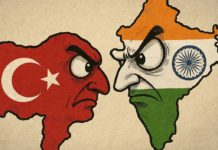

























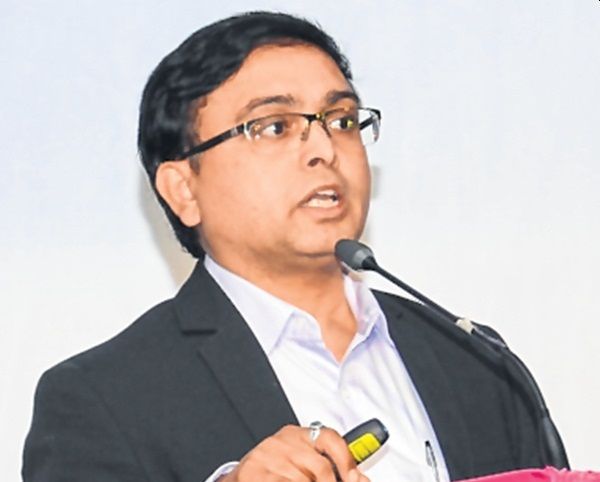

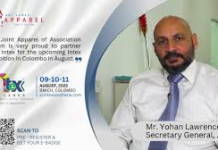

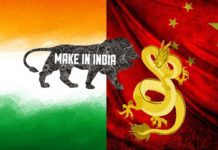






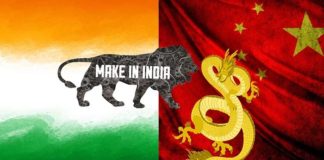
COMMENTS